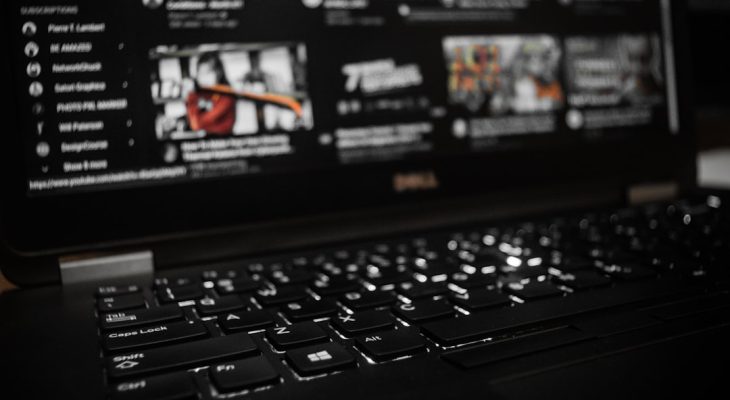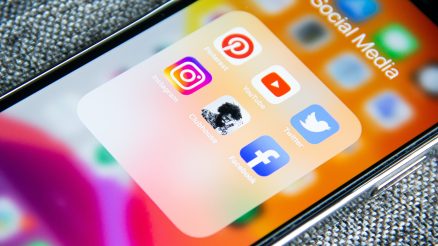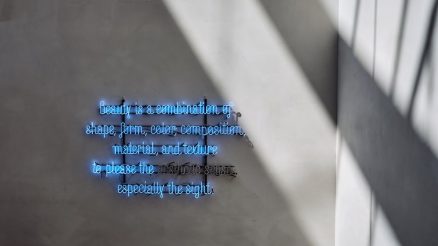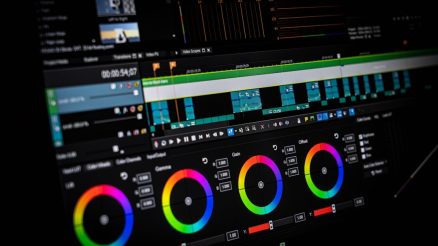As concerns over digital privacy and security continue to grow, many iPhone users are turning to VPNs (Virtual Private Networks) to protect their data while browsing or using mobile apps. Among various VPN options, residential VPNs have gained interest because they use real IP addresses provided by Internet Service Providers (ISPs) rather than commercial data center IPs. While residential VPNs can offer greater anonymity and fewer blocks from streaming services, they also come with several potential drawbacks, especially when used on a device like the iPhone.
What is a Residential VPN?
A residential VPN routes your internet traffic through real residential IP addresses. These IP addresses are assigned to real devices in actual homes and appear to websites as legitimate users rather than VPN servers. This helps bypass security filters that often block known data center IPs used by standard VPN services.
However, despite these benefits, there are some important disadvantages to consider when using a residential VPN on an iPhone.
1. Reduced Speeds
One of the most common complaints users have with residential VPNs is related to performance. Because these IPs are often rerouted through individual networks rather than high-capacity data centers, the speed and stability of your internet connection can suffer.
- High latency can result from the additional routing layers.
- Inconsistent bandwidth is frequent since some residential nodes may share limited resources.
- Interrupted streaming or downloads may occur, especially for high-resolution media.
This can be particularly frustrating on an iPhone, where users expect seamless app experiences and fast mobile browsing.
[ai-img]slow internet, mobile browsing, buffering[/ai-img]
2. Potential Legal and Ethical Issues
Some residential VPNs rely on peer-to-peer networks where other users’ devices are rented or borrowed—sometimes without their full understanding. This model may raise legal and ethical considerations:
- You could unknowingly be using a service that routes your traffic through compromised or illegally acquired IP addresses.
- Engaging with such networks might expose you to liabilities depending on local laws and regulations.
- Using IPs from unsuspecting users’ devices could contribute to questionable data practices.
Although not all residential VPNs operate this way, it’s difficult for the average user to verify how a provider obtains its IP pool. iPhone users relying heavily on reputable app stores and system integrity should be cautious about inadvertently participating in such networks.
3. Limited App Compatibility and Battery Consumption
iPhones are designed to optimize app and battery performance. Introducing a residential VPN complicates traffic routing and could interfere with some native and third-party apps.
- Some apps may detect VPN use and restrict features.
- Background tasks that rely on location or IP may behave irregularly.
- Maintaining a secure VPN connection 24/7 can drain battery quickly, especially if the VPN is not optimized for iOS.
This is especially concerning for those using iPhones for critical tasks or travel, where consistency and battery life are paramount.
[ai-img]iphone battery, vpn app, network connection[/ai-img]
4. Higher Cost
Residential VPNs are generally more expensive than traditional VPN services. The infrastructure costs of managing and maintaining thousands of diverse residential IPs are high, and providers pass these costs onto users. For those who only need basic privacy protection or access to geo-restricted content, the added expense may not justify the benefit.
5. Security Isn’t Always Better
While residential VPNs might help avoid blocks, they don’t necessarily provide stronger encryption or better protection. In many cases, security standards are equivalent to those of standard VPNs—or worse, if the provider lacks transparency about data handling practices. It’s important to ensure the VPN you’re using has a verified no-logs policy and supports modern encryption protocols like IKEv2/IPSec and OpenVPN, both of which are compatible with iPhone.
Final Thoughts
Residential VPNs offer a unique set of advantages, such as increased anonymity and the ability to bypass stricter content filters, but they are not without their downsides. For iPhone users, the drawbacks can be significant: slower speeds, limited compatibility, higher costs, and potential legal concerns.
Before choosing a residential VPN for your iPhone, carefully examine the provider’s reputation, the technical specifications of the app, and the legitimacy of the IP sources. In many cases, a high-quality traditional VPN may offer more consistent performance and better integration with iOS features.





